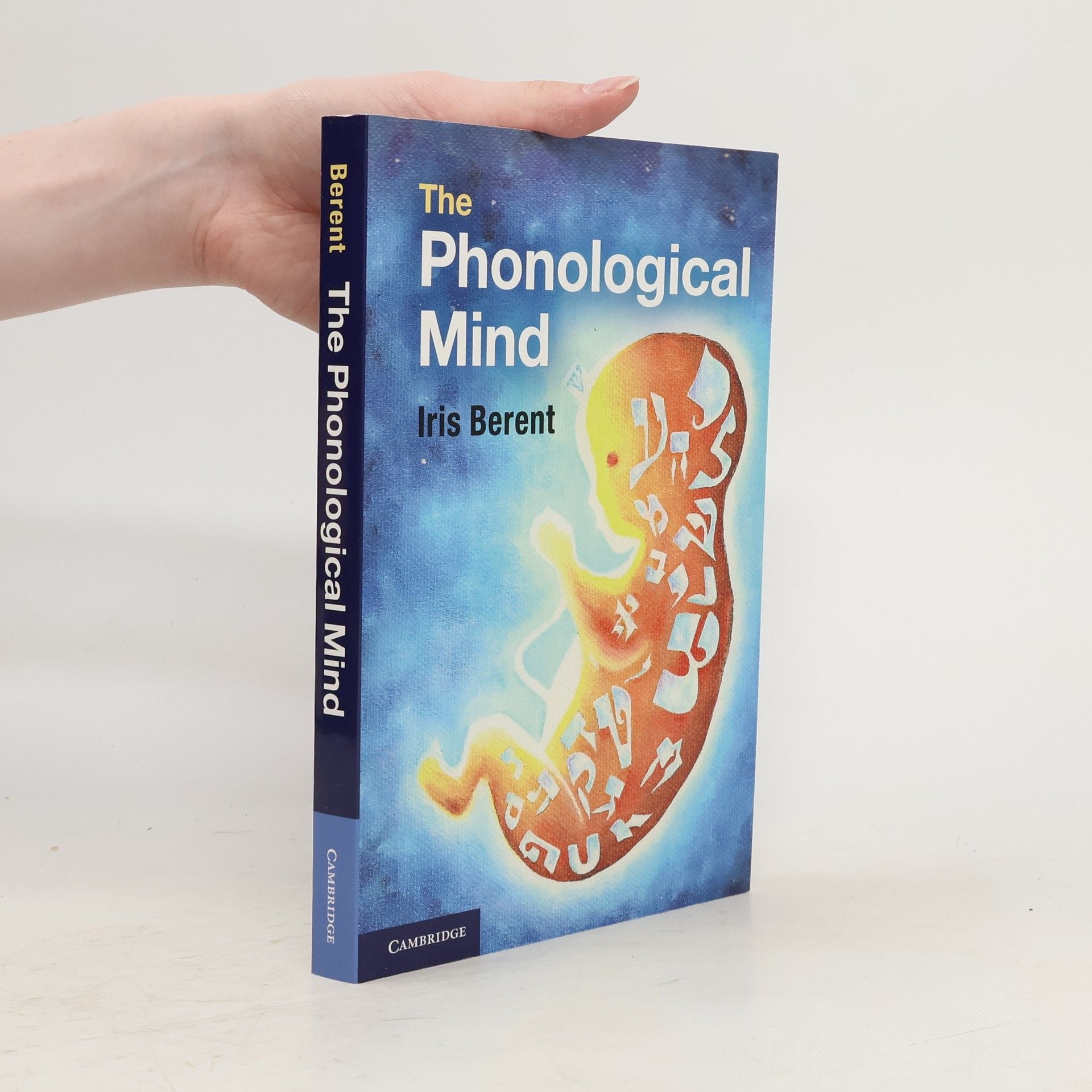The Blind Storyteller
- 296 pages
- 11 hours of reading
Do newborns think? Do they know that "three" is greater than "two"? Do they prefer "right" to "wrong"? Laypeople hold strong beliefs on such topics. These beliefs are stories we tell ourselves about what we know and who we are. They reflect our understanding of ourselves and others, and shape our thinking about topics such as mental disorders, free will, and the afterlife. But many of these stories are misguided. We, the storytellers, are blind. How could we get it so wrong? In a novel provocative theory, Berent proposes that our errors emanate from the very principles that make our minds tick. Our blindness to human nature is rooted in human nature itself.

